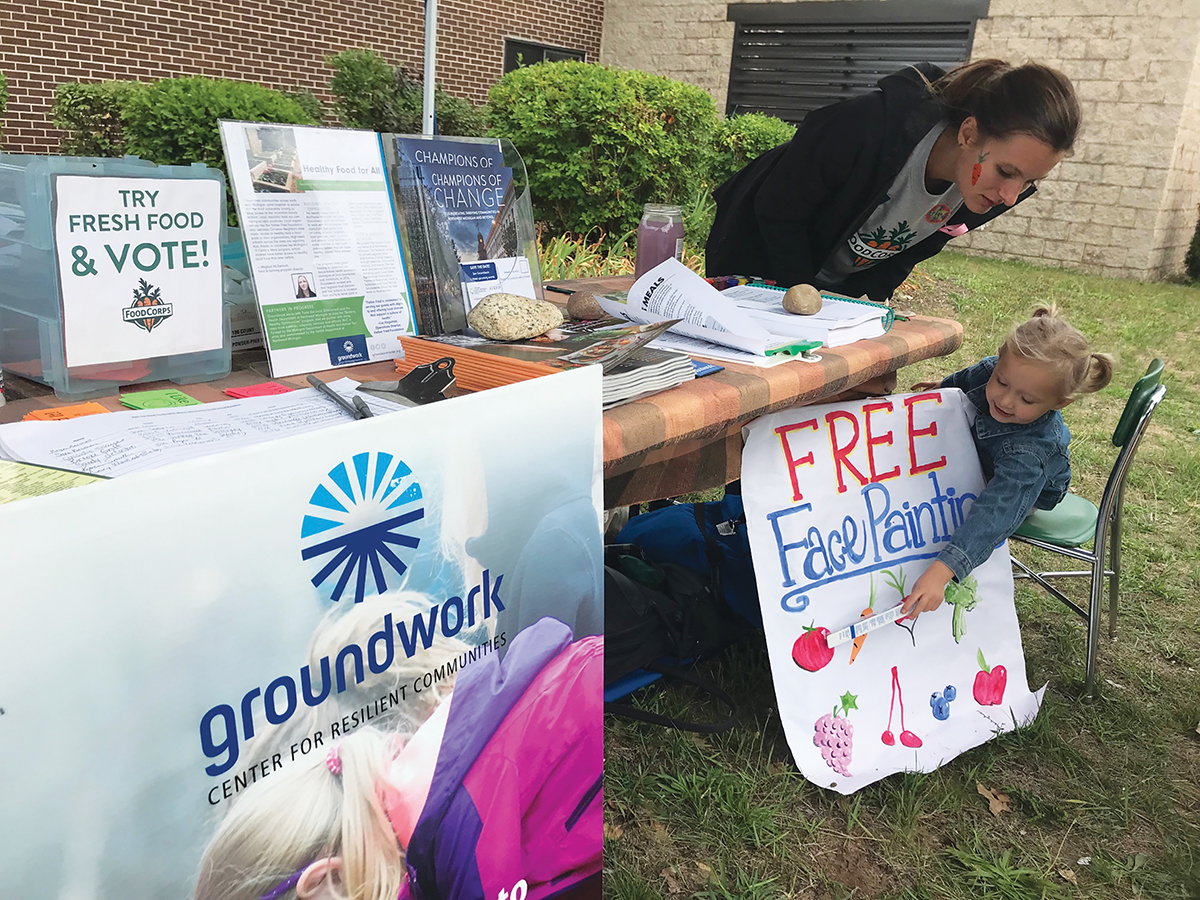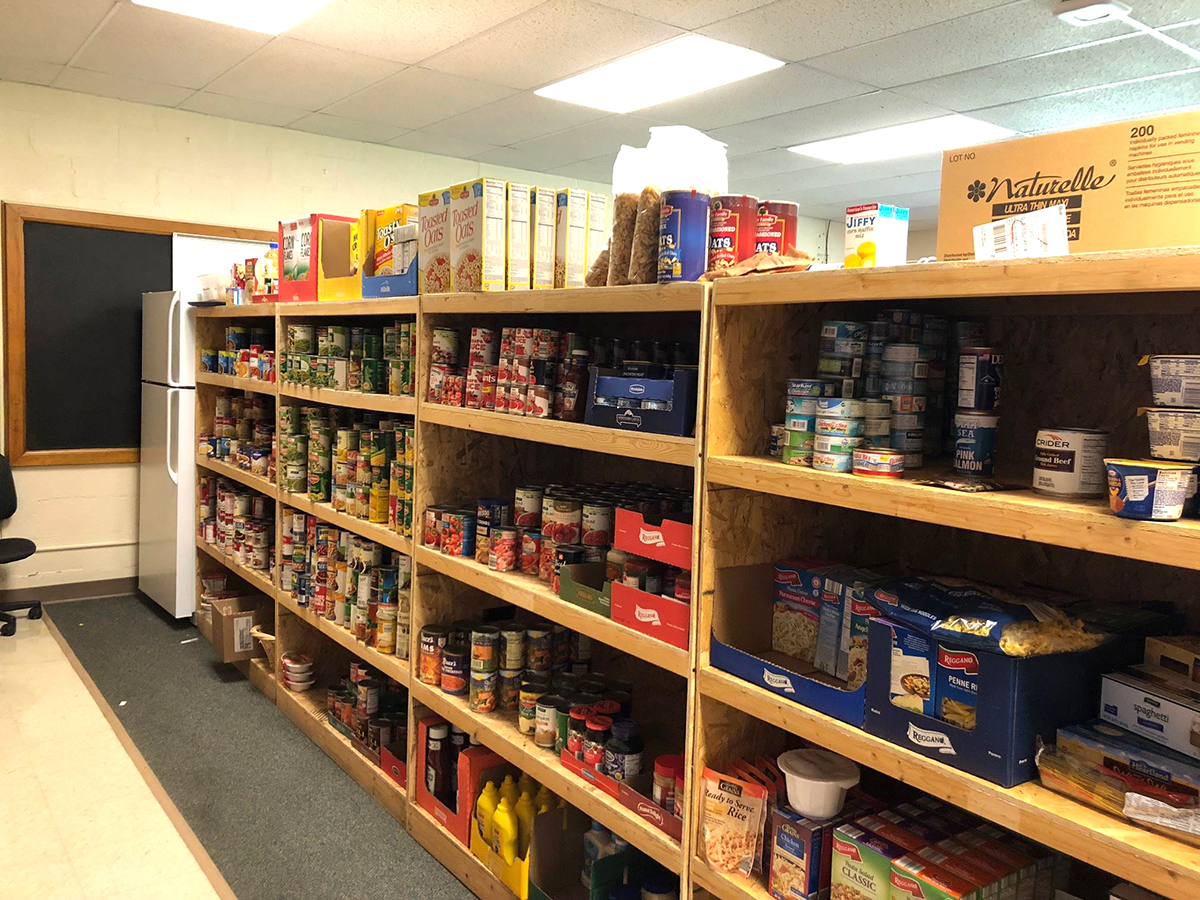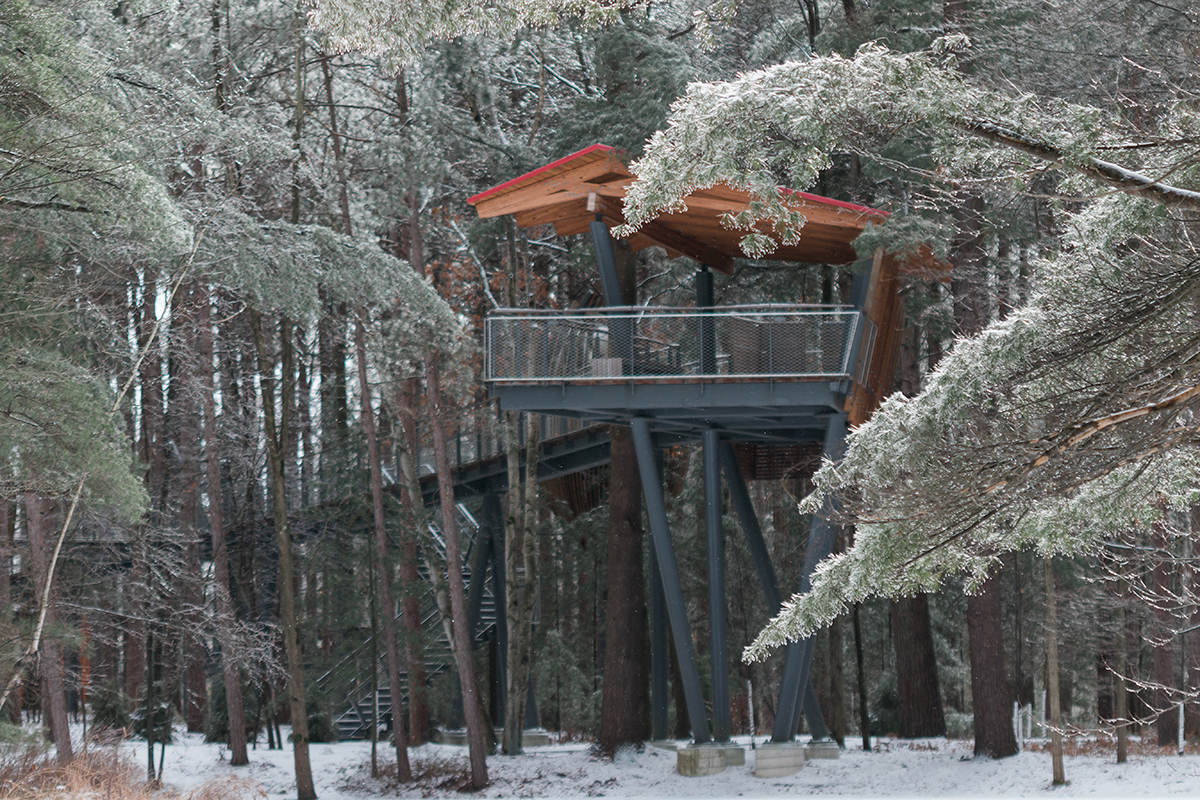WRITER | NICOLETTE CHAMBERY
PHOTOS | GROUNDWORK FOR RESILIENT COMMUNITIES
Launching and Nurturing Best Practices to Preserve the Environment and Boost the Economy
For 23 years, Groundwork for Resilient Communities (formerly known as the Michigan Land Use Institute) has successfully built programs with the belief that a clean environment and strong economy go hand in hand. The organization has mindfully incorporated a diverse array of topics that help protect the natural beauty and integrity of Michigan and positively affect the economy.
Groundwork was conceived after a Michigan resident and New York Times columnist discovered there was going to be a lot of activity around his home to procure oil and gas. He formed an advocacy group with strong environmental roots that pushed for better management standards for oil and gas development. New opportunities arose to advocate for the preservation of Michigan’s resources, and an official organization formed to engage fully and to find funding for this work.
One of the many notable programs Groundwork has undertaken over the years is Taste the Local Difference, a social enterprise that connects consumers with local producers (farmers) and local food processors (makers of jams, jellies, etc.). It began 15 years ago and, in December 2018, was sold to venture capital firm Boomerang Catapult, which means the company will have the support and advisement it needs to continue its rapidly growing program around the state and across the country.
Another noteworthy Groundwork project that recently garnered national attention is the 10 Cents A Meal program that provides schools with up to 10 cents per meal in matching funds. These funds are used to purchase and distribute Michigan-grown fruits and vegetables to over 134,000 students in 27 counties statewide. The program has made such an impact that news of its success has now generated interest in the California legislature, which is considering forming a pilot program of its own.
Another venture is Groundwork’s investment in building a train from Traverse City to Ann Arbor to reduce the number of cars on the road, help grow the tourist economy, and service the multitude of students who live between the two regions.
Executive Director Hans Voss expressed a keen understanding for both the direction of Groundwork and the way its work will intersect with the evolving needs of Michigan.
“We’d like to create a model of reliance that demonstrates best practices in clean energy in land use, transportation, and agriculture. What we’re grappling with right now is how to grow a robust economy and create strong jobs. There are a lot of elements to that, but we’re focused on local food and energy production that attract companies, leadership, and a talent base. It’s beyond tourism — we’re interested in creating a year-round economy and leveraging the strengths that we have here and in reducing our carbon footprint.”
Voss grew up in Chicago a few blocks from Lake Michigan, which he credits for instilling a passion within him for environmental health. As his love for the outdoors grew, he oriented his pathway toward environmental policy. Around this time, Voss says he fell in love with a woman who also loves Lake Michigan, and together they moved up north. He made a career shift from environmental consultant to advocate and has been with the organization for over 20 years.
When asked how to navigate environmental topics such as climate change with a diverse base of constituents and community members, he said, “Even if you see climate change as a myth propagated by the Chinese, we believe the changes Groundwork advocates are beneficial and keep the energy dollars in the local communities. In a sense, this is a conservative region and we’re a progressive organization that is mixed politically, it’s a diverse spirit. But that is what is powerful about this; we work with people from all walks of life across political and cultural boundaries.”
On the topic of how best to continue the inspiring change that Groundwork has achieved, Voss encourages people to get involved locally. “Work at the neighborhood level, volunteer! There’s a civic activism that is meaningful and brings people together who have an open mind and an open heart as to how we can improve this place that we share and care about. One of the great things about local politics is that most of the time, it’s not a partisan question, it’s a question about the future of our community.”
Groundwork for Resilient Communities
148 E. Front Street, Suite 301
Traverse City MI 49684-5725
GroundWorkCenter.org








